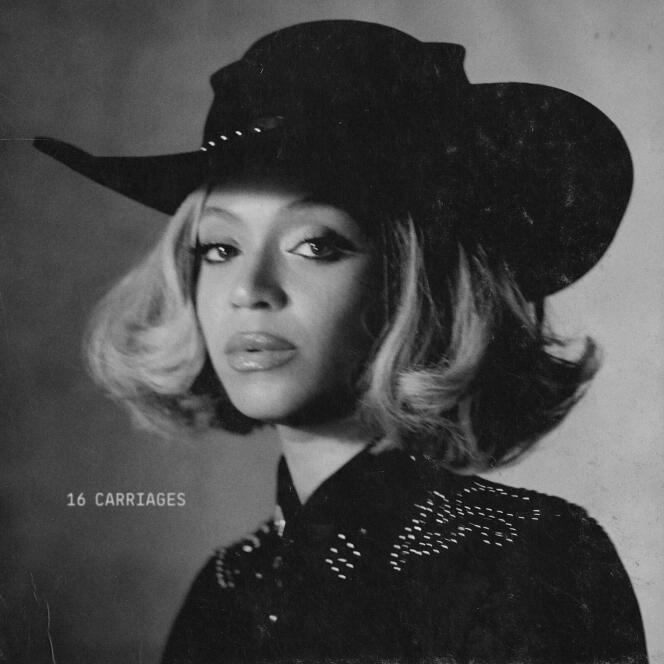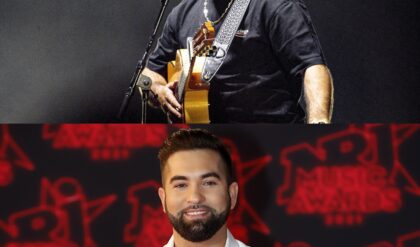Ten days before the release of her highly anticipated album “Cowboy Carter,” Beyoncé shared on Instagram that the project began as a result of feeling unwelcome in the country music space.
“Because of that experience, I did a deeper dive into the history of Country music and studied our rich musical archive,” her post said. “The criticisms I faced when I first entered this genre forced me to propel past the limitations that were put on me.”

In her message, she appears to reference a 2016 performance of her song “Daddy Lessons” alongside The Chicks at the Country Music Awards. The collaboration was a standout moment in the show, with Beyoncé fully leaning into a sound many of her fans never knew they needed from her.
But with the praise also came backlash. Comments flooding social media at the time ranged from standard celebrity criticism to blatant racism.
“That’s right folks. Beyoncé performed at the CMAs last night & is on a mission to take country music away from us, hardworking white people!” said one online comment reported by news outlets.
This moment in music history, while high profile, is not surprising — particularly for Black fans who have been navigating this dynamic for years. Though country music as an art form developed from the sounds of Black musicians, the commercial country music industry was explicitly created to court rural, White listeners in the 1920s. More than 100 years later, its connection to Black audiences remains fractured. There are, however, plenty of Black people who live in rural communities, participate in rodeos and — yes — listen to country music.
In interviews with The 19th, a dozen Black fans of country discussed reconciling their love for the music with its racist, misogynistic past, as well as the pervasive image of White men who continue to dominate the mainstream industry. They are hopeful that Beyoncé and “Cowboy Carter,” released March 29, will help elevate Black country artists and serve as a bridge for more Black people to feel comfortable listening.
“I think that Beyoncé fans have such a huge opportunity here to really come in and help boost some of these artists,” said Holly G, founder of the Black Opry, a community for Black artists and fans that produces country and Americana shows around the United States. “I totally understand why Black people would not want to give country music a chance given the way that the industry has treated them, but I think they would really, really enjoy the music.”
Before the creation of spaces like the Black Opry, being a Black country lover was often a lonely experience. Several Black fans told The 19th they did not know many other Black people who liked country music, and they also encountered confusion or dismissiveness from some White fans.





